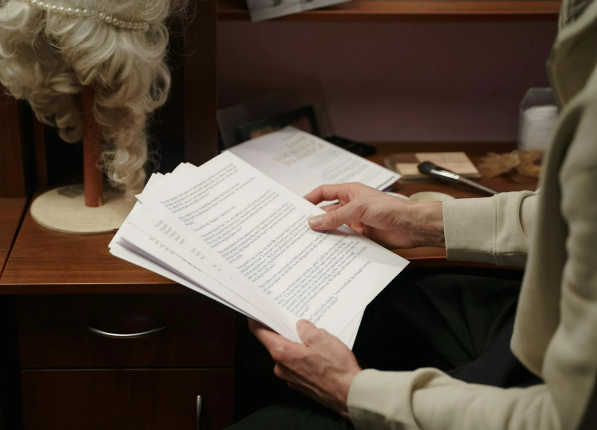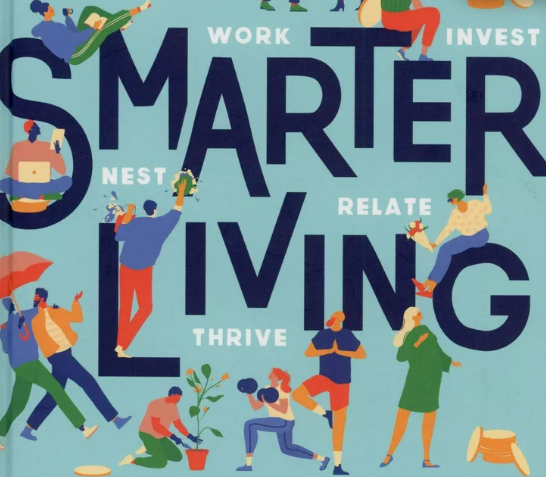Write Now!
- John-Michael Scurio

- Oct 7, 2024
- 4 min read
In this day and age, everyone is a writer. I know, I know — you’re probably sitting there, sipping your coffee, thinking, “But I’m not Hemingway!” Well, you don’t need to be. You’re writing emails, reports, instant messages — maybe even articles, or like me, blog-posts. Every day you’re typing away, hoping those words will somehow convey your brilliant, fleeting thoughts. In short, you’re a writer, whether you signed up for it or not.
Here’s the tragedy — most of us left any concern for our writing abilities at the schoolhouse door the day we waved goodbye to Mrs. What’s-Her-Name, the English teacher. We forgot something very important along the way: writing matters. It can shape the way people see you, how persuasive you are, and, if we’re being honest, how smart you appear. A few well-placed words can open doors faster than a key. Mastering this dark art of writing could elevate you from "oh, that person" to "oh, that person."
Now, I’m no stranger to writers, having interviewed some of the best on my little corner of the internet. Naturally, I’ve picked up a few things. Tips, if you will. Nuggets of wisdom. Little writing secrets that, once revealed, might just make your words dance off the page. Or screen. Whatever. So, let’s get into it.
Read it out loud
Dan Pink — yes, the Dan Pink — reads his stuff out loud. I know, it sounds like something your overly dramatic aunt might do. But according to Dan, this is his little magic trick. “I read it out loud. Books, articles, anything with significance. It’s the sound of it. If it doesn’t sound right, it’s not right.” He’s searching for the “clunkers,” as he calls them. Words that just don’t belong. Sentences that trip over themselves like a bad blind date. It’s a slow process, tedious even, but Dan’s no slouch — he knows it works.
So, whether it’s an all-staff email, or that groundbreaking report you’ve spent days on, take a minute — no, scratch that — take ten, and read it out loud. Chances are, you’ll hear where things get too complicated or where you’re meandering around a point like a tourist lost in Times Square. It might be laborious but think of it like chiseling a sculpture — each edit makes it a little clearer, a little tighter, a little better.
Play editor
Tim Herrera — he used to run Smarter Living at The New York Times — has this thing about editing. It’s essential, according to him. Not your own stuff (well, that too), but other people’s work. It’s like reverse engineering a sentence. Why this word? Why that structure? Tim was a copy editor, and he says the act of dissecting someone else’s work turned him into a better writer. Sort of like how taking apart an old radio can make you appreciate how each tiny piece works in harmony.
You can do this, too. Offer to edit your friends’ resumes or their passive-aggressive emails to the landlord. Pick it apart. And don’t be shy — do it for the sake of growth, yours and theirs. They’ll appreciate it, or at least they won’t complain … much.
Say something new
Sarah Green Carmichael — another heavyweight in the editorial world — has a simple rule: Don’t waste people’s time with common sense. Imagine that. Her advice? Ask five smart people about a topic. If you gather their collective wisdom and find that it’s just … blah, then maybe it’s not worth writing. She’s right. There’s so much noise out there, and if you’re just another voice droning on about the same old thing, what’s the point?
Next time you sit down to write, ask yourself, “Am I adding anything? Is this new, fresh, insightful?” If the answer is no, go deeper. Or maybe just take a nap. Naps are good, too. I love naps.
Clear your throat — then get to the point.
Here’s a fun fact: most of us start writing with what Sarah calls “throat clearing.” Those first two paragraphs? They’re warm-up exercises, the prelude to the real story. Don’t believe me? Try deleting them. See how your piece suddenly becomes more direct, more engaging. It’s like cutting out the small talk at a dinner party and getting straight to the juicy bits. Trust me, no one ever complained about an essay being too sharp.
Retype your draft
Oliver Burkeman has this thing where he types out his drafts by hand — well, almost. First, he writes a rough version, prints it, and then types it all over again. Why, you ask? Is he a masochist? No, no, it’s not that. See, by retyping, he tricks himself into a flow state. The words come easier when you’re not staring at a blank screen. You’re making little tweaks, improvements without overthinking it. It’s editing, but with the illusion of creating something brand new.
Is it time-consuming? Absolutely. But perfectionists like Burkeman swear by it. And if it helps him, it just might help you.
So, whether your job title says “writer” or not, here’s the thing: writing well can set you apart from the herd. And who knows? Maybe one day, someone will read your words and think, “Wow, that person really has it together.” And then, miraculously, you’ll feel like you do.🤝







